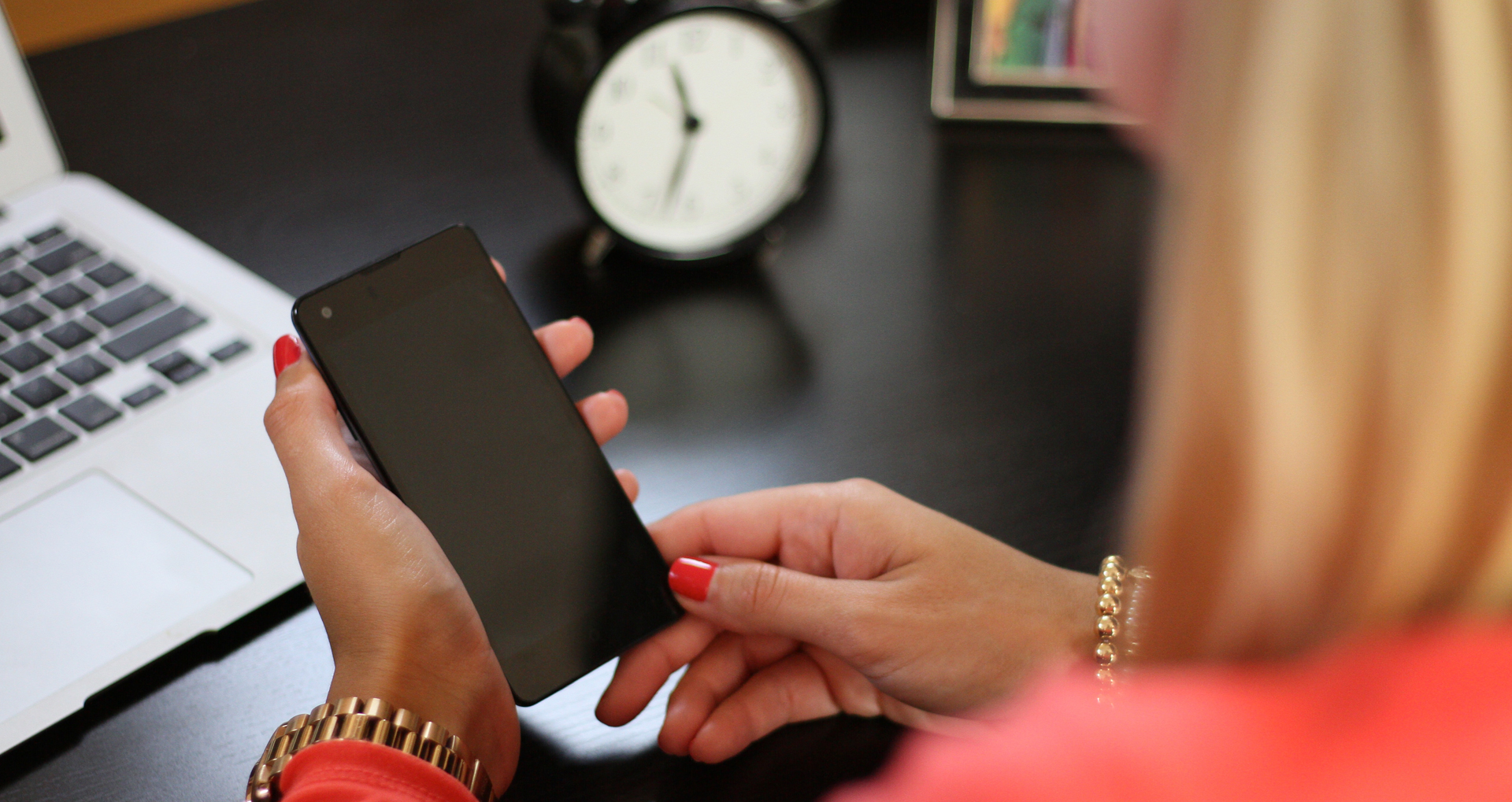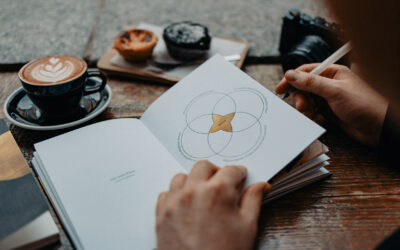Blog
What’s happening to our attention?

I don’t know if it’s just me but I’m finding it harder and harder to give my full attention to just one thing; to tune out the background noise, sensations, intrusive thoughts and focus on what’s important to me.
Attention is a basic component of our biology; we have it from birth, and it helps us work out what we need to pay attention to in our surrounding environment and what we can safely ignore. It’s a process that helps us survive. However, In today’s world there are so many things competing for our attention, family, friends, work, our tech and in order to cope, to survive it can feel like we need to multitask every minute of the day.
In his 2022 book, Stolen Focus: Why You Can’t Pay Attention, Johann Hari highlights the fact that there’s strong scientific evidence that the stress and exhaustion we experience on a daily basis can ruin our attention. Indeed, about 35% of workers feel they can never switch off their phones because their boss might email them at any time of day or night.
So how can we help ourselves and find space to pay attention, to rebuild our ability to pay attention to the important things in our lives, to the people we love and the things that bring us joy?
We can make sure we set appropriate boundaries. We can emulate the French, who since 2017, where employees have had a right to disconnect from technology after working hours and make sure we aren’t ‘at work’ when we don’t need to be.
We can decide to have a digit detox and even pay to stay in an environment where we are forced ‘off grid’ for a time. Perhaps more realistically, we could create our own tech free days, days when we turn off all technology and actively chose to do something else, something that gives us ease and connection in real life.
We also need to stop trying to multi-task. All the research shows we can only focus on one task at a time, and we use up energy when we transition from one activity to another. So those of us with portfolio careers need to factor that into our day and aim to complete one task before starting on another rather than trying to do three things at a time (while usually) thinking about a fourth task.
We can also create smaller spaces in our lives where we not only allow ourselves to think but actively look for an environment which will support and encourage us to think well for ourselves and as ourselves. To find a place where we know we matter and that we know we won’t be interrupted.
Attention sits at the heart of the Thinking Environment ®, along with the promise of no interruptions. Attention is such a powerful quality, it helps to generates thinking, it’s an act of creation. The Thinking Environment ® gives you a chance not only to learn how to pay attention, how to listen and to remember how to think well for yourself.
By being a Thinking Environment ® for you I will stay curious about where your thinking can go without needing mine. I won’t interrupt you unless you ask me to for input. I’ll listen with respect and genuine interest to what you have to say.
If you’d like to know more contact me and you can experiment what it might be like to be in a Thinking Environment ®.
Finding your purpose – Ikigai
Over the last year I’ve talked to a growing number of people who’ve got to a point in their lives where they feel the need to take stock. To look at what they’ve done so far, where they’ve been and where they’re going – a moment to wonder about jobs, relationships, and occasionally even what the point of it all is.
We need more time to think!
This a plea that I’ve heard from numerous people over the years. Time to pause, to reflect, time to actually think about the next steps and maybe even spend some time thinking with others to come up with new creative and innovative answers to those tricky issues.
Get In Touch
Call
07858 757 561
Address
Shrewsbury, Shropshire UK
Hours
Mon - Fri: 8am - 8pm









